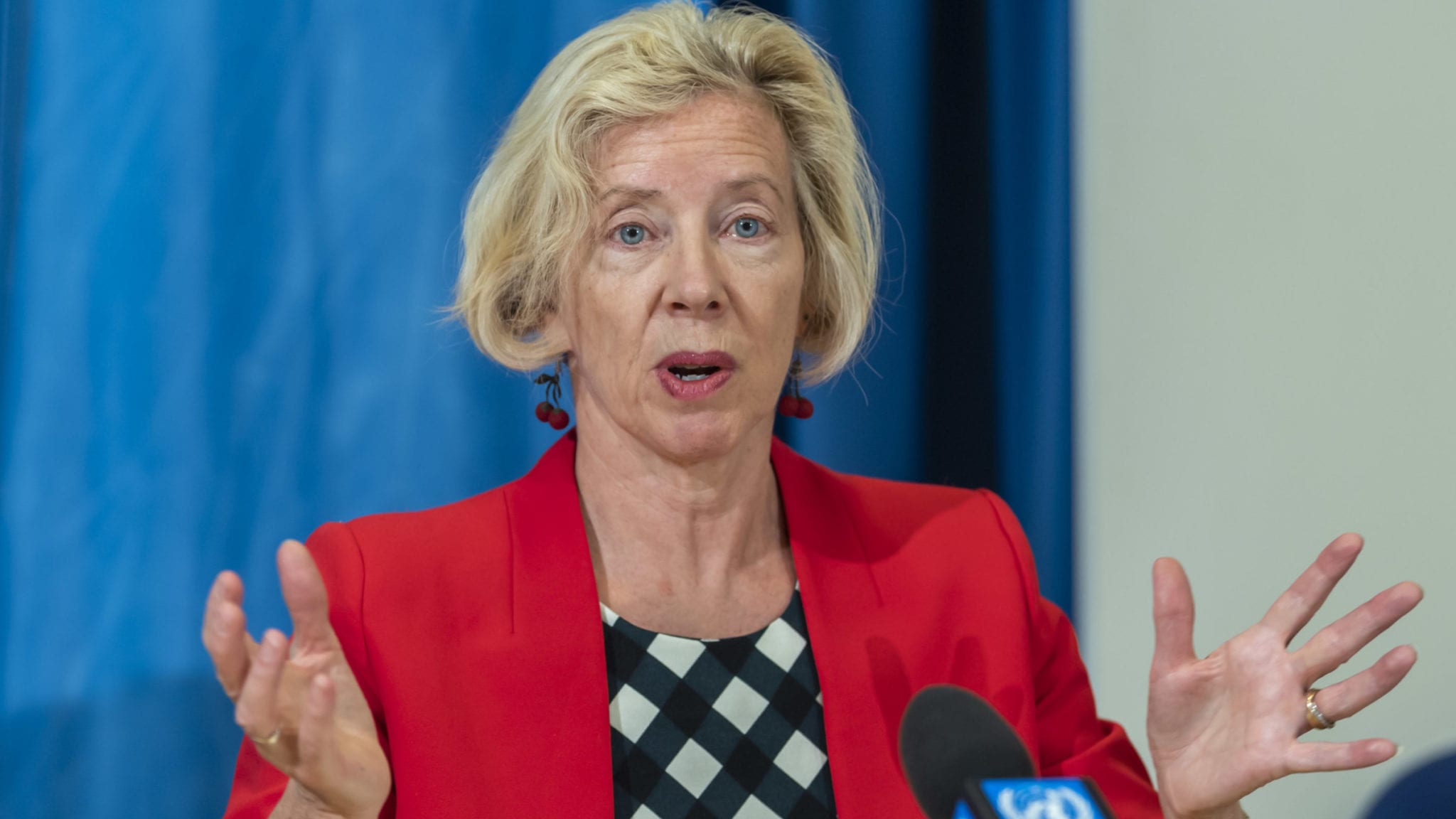
Emer Cooke at the European Headquarters of the United Nations, Geneva, Switzerland, November 13, 2019 (Martial Trazzini/Shutterstock)
EMA nominates Emer Cooke as executive director to replace Guido Rasi
The EMA’s management board on Thursday nominated Emer Cooke from a short list of candidates to succeed Guido Rasi as the agency’s next executive director …
Sign up to read this article for free.
Get free access to a limited number of articles, plus choose newsletters to get straight to your inbox.